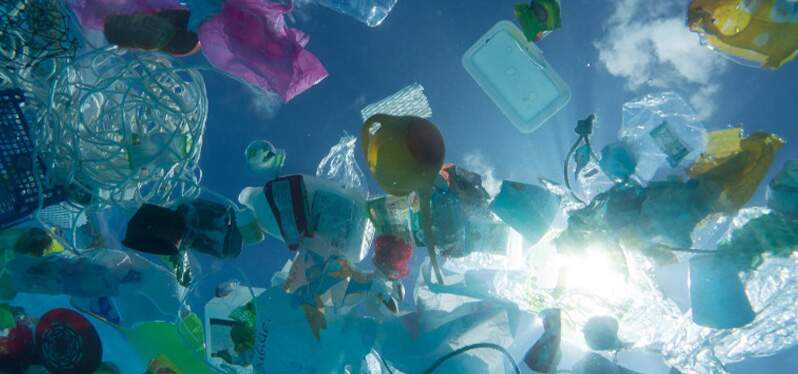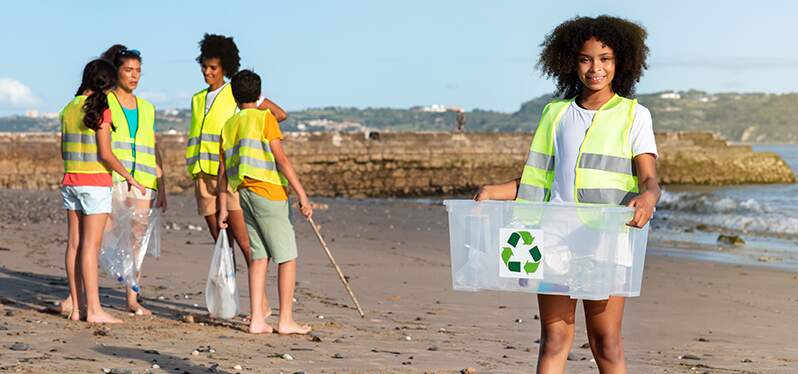Posted in: 04/23/2024
The “Planet versus Plastic” clash, a theme addressed by Earth Day 2024, recalls the importance and how far behind the world is still in relation to signing a global agreement to combat pollution caused by plastics in the environment.
Although progress was made last year in the negotiations, it was only in March of this year, during the 6th United Nations Environment Assembly, that 193 countries of the United Nations (UN) officially committed to what would be the first global treaty against plastic pollution.
The agreement aims, through the development of a “legally binding international instrument on plastic pollution”, to guide countries on the commitment and measures necessary to deal with the life cycle of the plastic they produce – a cycle that encompasses both production and use, processes such as reverse logistics and circular economy, disposal and recycling.
The UN’s expectation is that negotiations for the construction of this global instrument will be concluded by the end of 2024. However, some terms of the commitment – mainly those relating to global bans on single-use plastics – have been considered by some countries as difficulties for signing.

The United Nations Environment Program (UNEP) points out that humanity produces around 430 million tons of plastic per year, generating waste that pollutes the entire environment and already affects the human food chain, through microplastics that can be ingested involuntarily, through the consumption of seafood or food packaged with plastic, for example. Pollution of the oceans by plastics and microplastics was one of the topics most discussed by organizations that discussed the topic Planet versus Plastic.
One of the most used surveys to support discussions was the survey released in 2022, by the NGO WWF. The study, which estimated that plastic pollution could quadruple by 2050, considering that plastic production is expected to double by 2040 and the amount of marine microplastics is expected to increase up to 50 times – also suggests that ocean contamination could reach the point of being irreversible. Combined with factors such as predatory fishing and climate change, among others, plastic pollution can cause the extinction of several marine species.
In the Planet versus Plastic debate, most of the solutions suggested by environmentalists are based on demanding and implementing policies to reduce plastic production, and not just on what should be done with it after the beginning of its life cycle – although this also be an important part.
An example of this is the proposal from earthday.org, the main organization linked to Earth Day, which this year proposes a 60% reduction in plastic production by 2040 and the total elimination of single-use plastics by the end of this decade.

In addition to government action, to help reduce plastic in the environment, companies also need to invest in cleaner processes with less production and use of plastics – in addition to creating sustainable solutions for treating plastic and its waste. .
The vision and positioning of consumers can be essential in directing companies along this path, since, according to research released in April this year, 87% of people around the world believe that it is important to have rules to reduce the amount of plastic produced globally, and 85% want a global ban on single-use plastic products.



Sign up and receive our news.